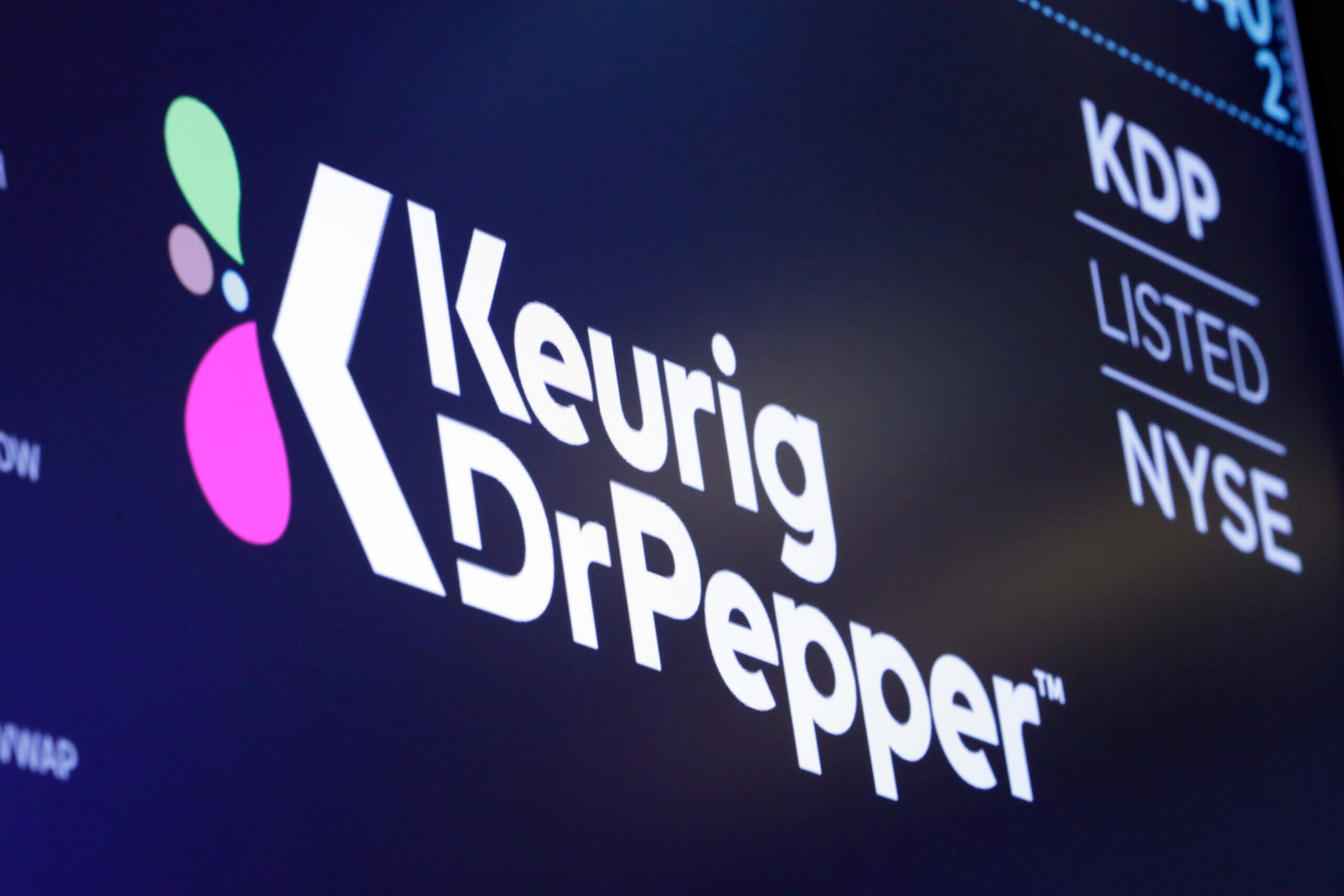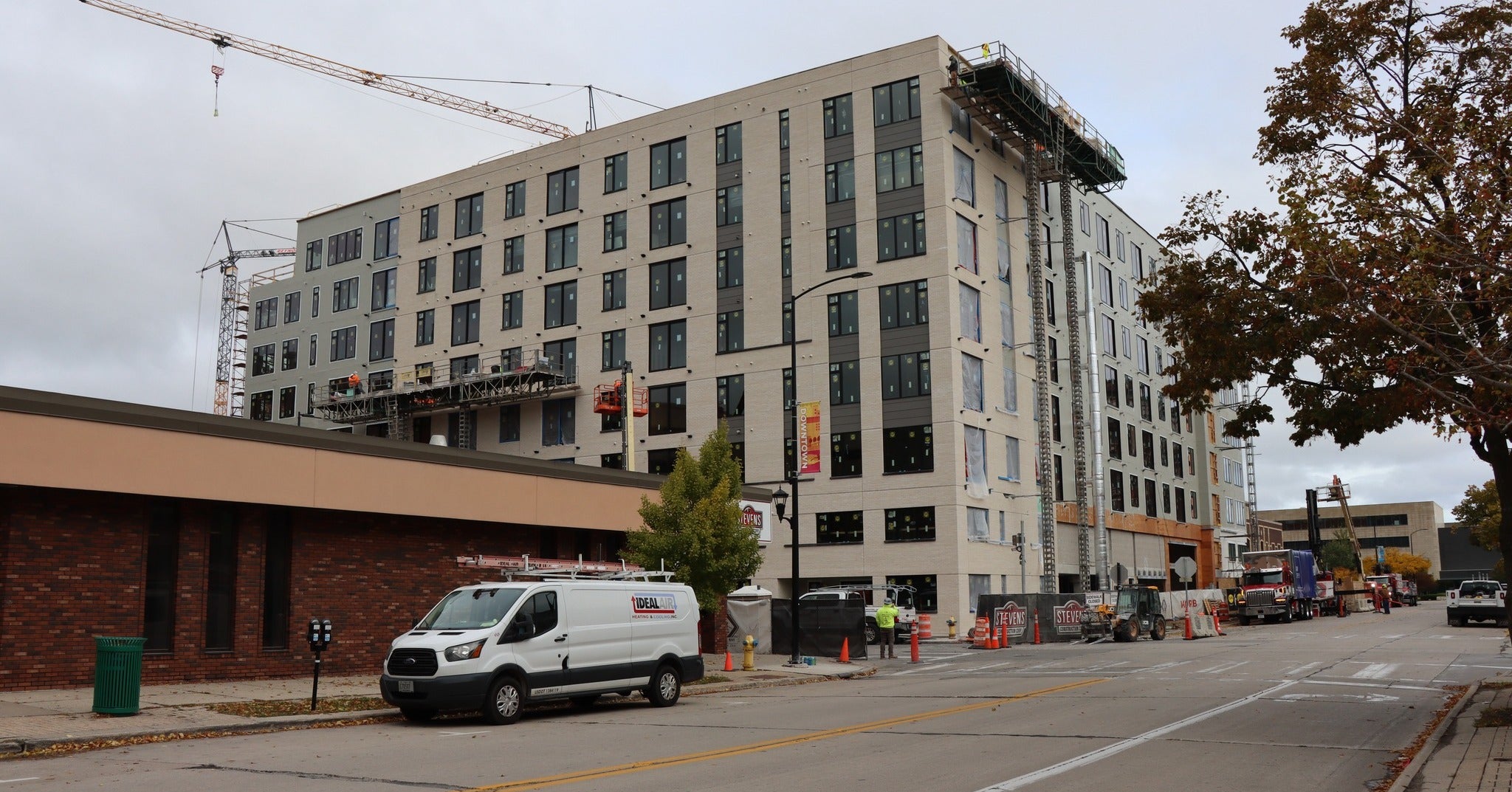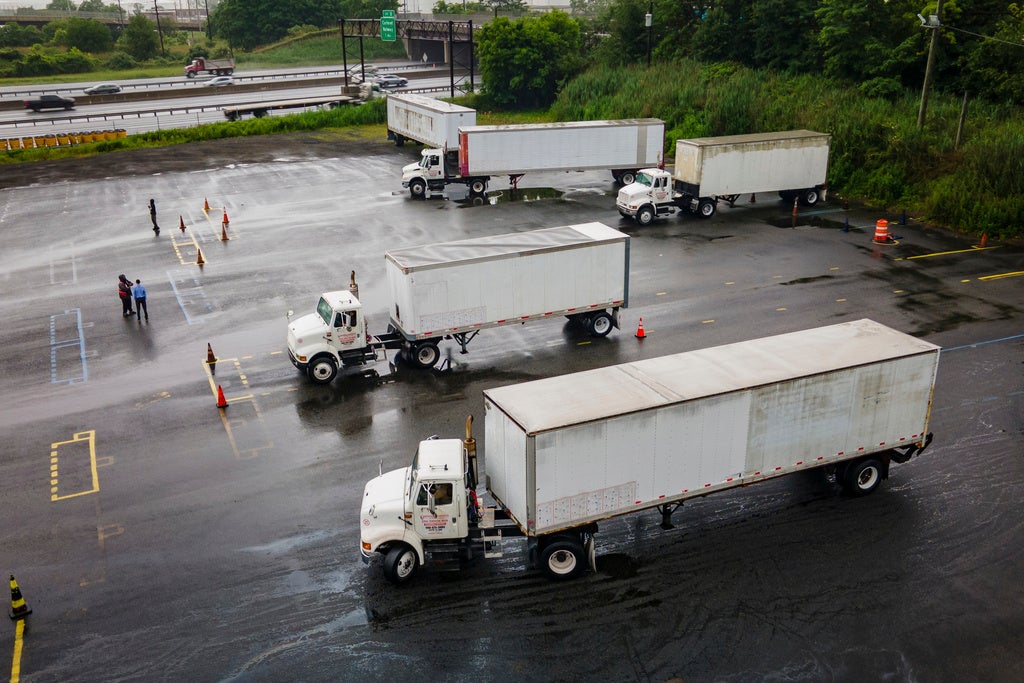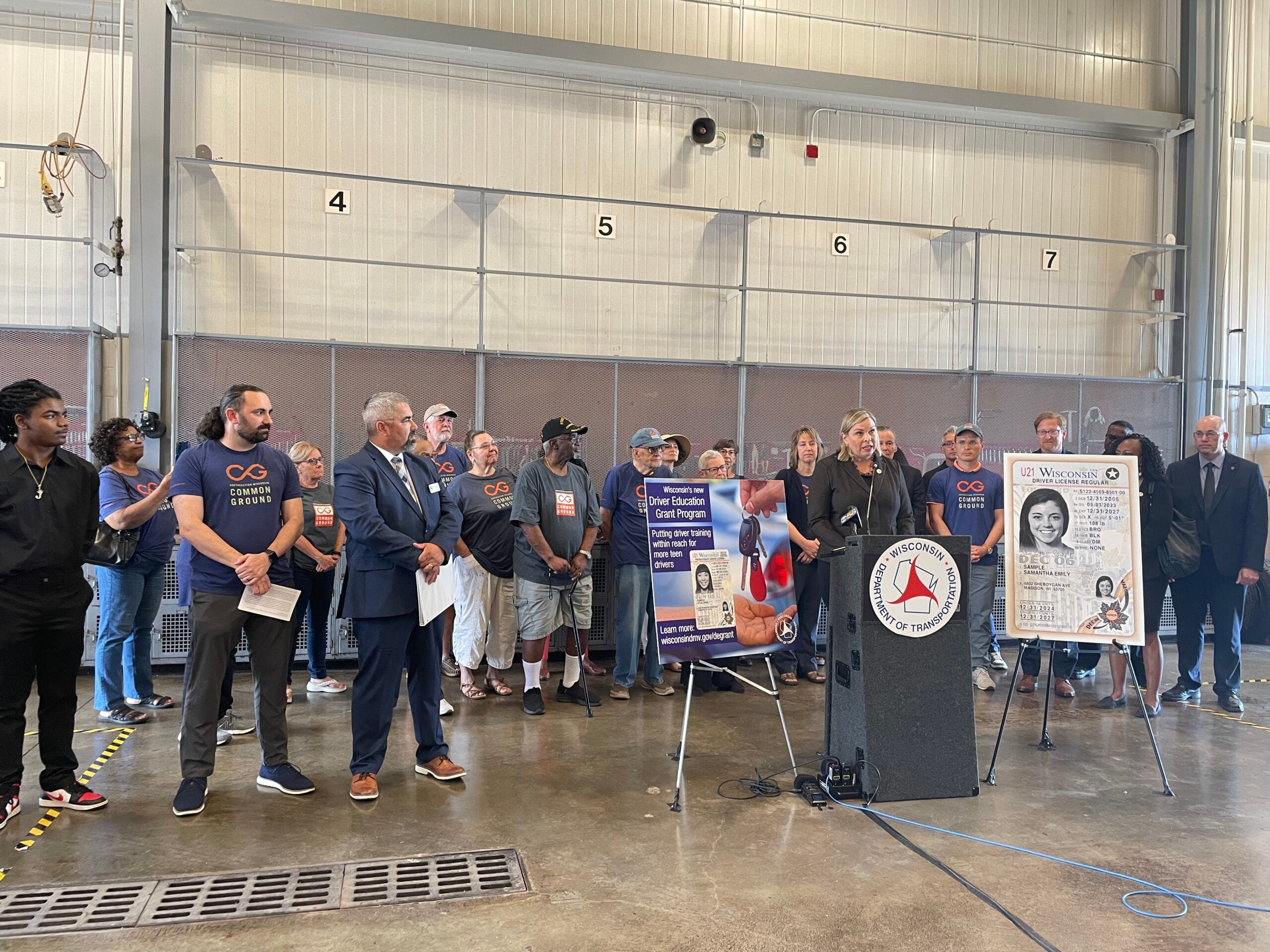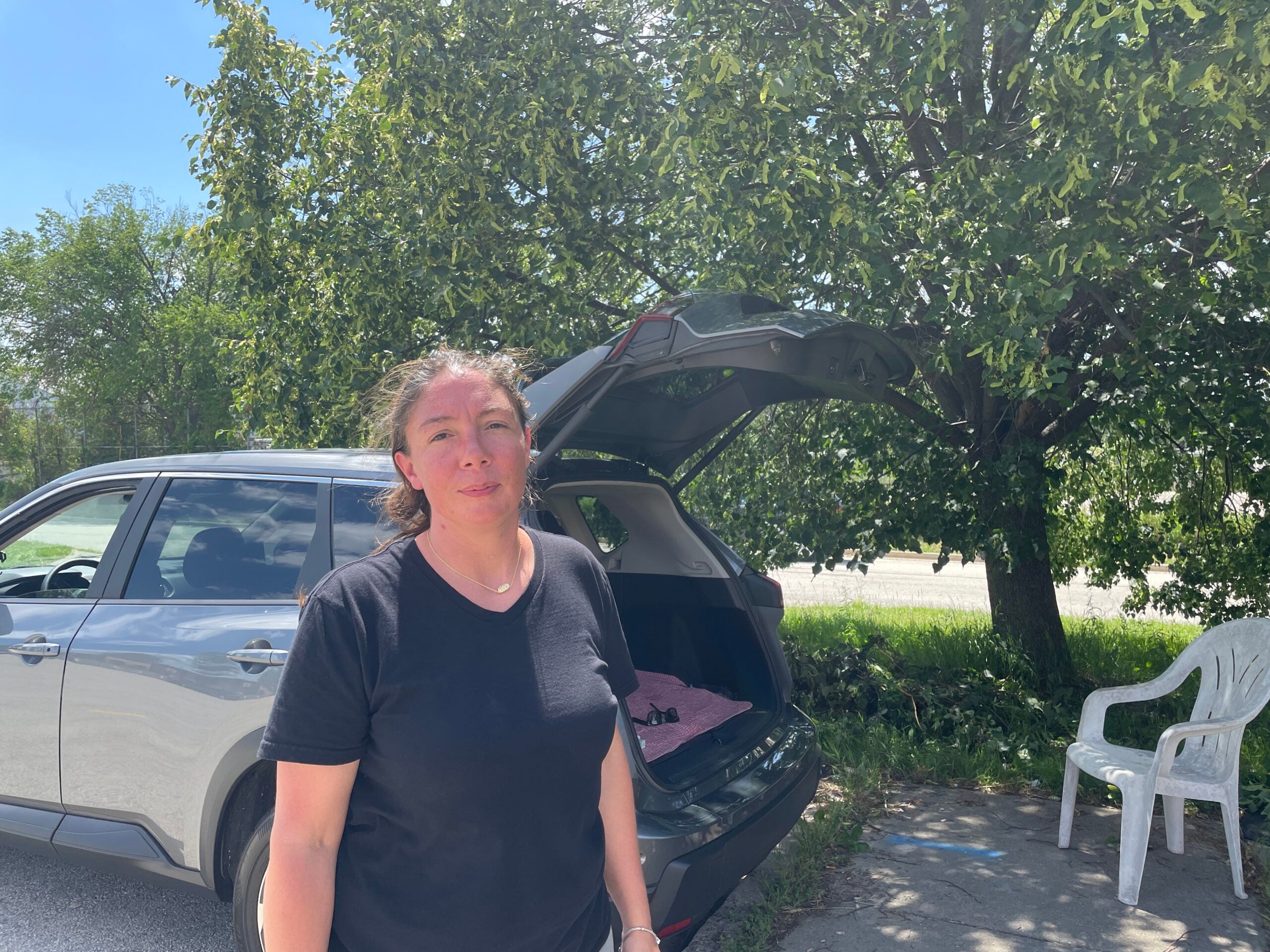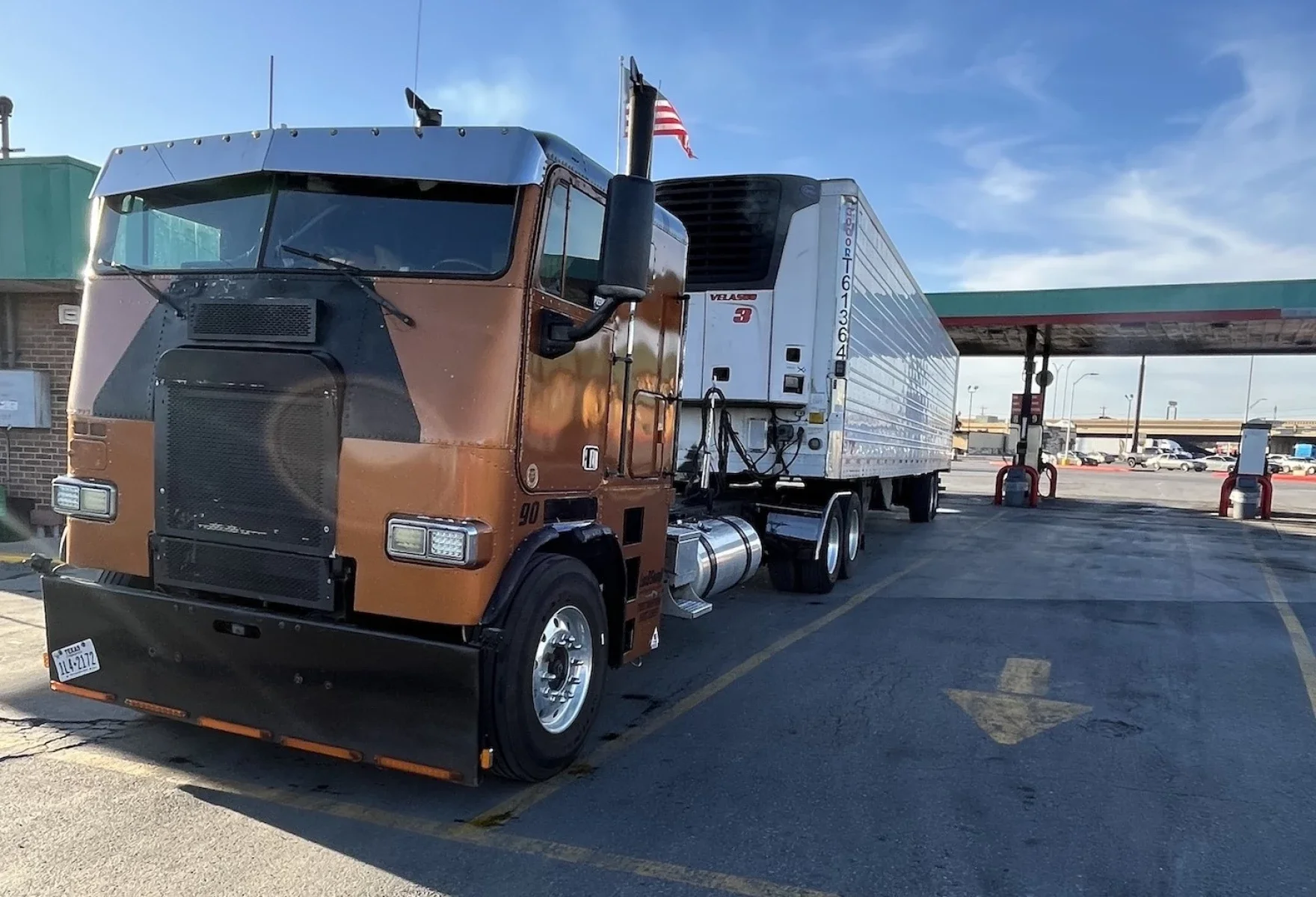While Wisconsin saw a bump in union activity last year with efforts from coffeehouse, nursing and video game workers, a group of truck drivers across the state recently voted to disband their union.
Nearly 60 percent of participating workers at Keurig Dr Pepper facilities in Oshkosh, Tomah and Eau Claire voted in January to decertify Teamsters Local 200, which had represented the workers for decades.
Ray Cotts, a 20-year driver for the company who supported ending the union, said after the vote that he looks forward to improved flexibility and benefits. Cotts said the union’s five-year contracts had locked him into wages and benefits that became outdated with economic changes, such as inflation.
News with a little more humanity
WPR’s “Wisconsin Today” newsletter keeps you connected to the state you love without feeling overwhelmed. No paywall. No agenda. No corporate filter.
Cotts recently discussed decertifying the union on WPR’s “The Morning Show.” Mark Mix, president of The National Right to Work Legal Defense Foundation, also joined the program. The foundation helped Keurig Dr Pepper workers during the decertification process.
“Environments can change. Cost of living can change. Conditions can change,” Mix said. “It makes sense to have a little bit of leverage and a little bit of flexibility. Unfortunately with union contracts, that rarely exists.”
Last year, union membership in Wisconsin inched up after reaching its lowest level on record the previous year. Efforts to form unions include beer vendors at Lambeau Field, video game testers and workers at Colectivo Coffee and Starbucks. National public opinion polls show unions are viewed more favorably than a decade ago.
On “The Morning Show,” Cotts discussed his reasons to decertify, the process and his future job prospects with a commercial driver license, or CDL.
The following interview was edited for brevity and clarity.
Kate Archer Kent: What was the tipping point for you in wanting to remove the union?
Ray Cotts: I spent some time in a nonunion position, so I got to see the full benefits the company was offering. Then, I went back to a union position due to the money they were throwing at Class A CDL drivers, and I ended up losing vacation and losing benefits moving back over to the union position.
KAK: What did you find as the biggest differences between a union and a nonunion position with the company?
RC: The biggest thing was just that the benefits were worse. My vacation under the union capped out at four weeks. Under the company, I’ve got almost seven weeks of paid vacation after 20 years. That’s a huge difference.
KAK: Were there other types of benefits that the union position couldn’t provide you as a driver?
RC: We just did special enrollment with the company plan, and I got additional benefits at pretty much the same cost. My costs went down $2 a week on my benefits, and I was able to add legal insurance. I doubled my dental coverage. You can double your vision coverage. Under the union plan, I was paying — it wasn’t a lot — but I had to pay for short-term disability and long-term disability. That’s all included for free under the company plan.
KAK: How did the vote go?
RC: A merchandiser over in Tomah wanted to kick this off. We had the three branches of Eau Claire, Tomah and Oshkosh, and there wasn’t really any communication between the employees of the branches, because they’re so far apart across the state.
So, a merchandiser in Tomah got a hold of me. Then, I found out Tomah was interested. So, I ended up filing the petition with the help of the national ‘right-to-work’ organization. We had to get, I think, 30 percent of signatures to kick that off, which we did. There was enough interest to do it.
It took us a year of campaigning within the company, because there were some people who were fighting it, some very pro-union members. We eventually came down to a vote. We did a mail-in vote because of the three branches at different locations. So, everybody sent in a secret ballot via mail, and then the votes were counted up.
KAK: A few years ago, there was a Teamsters chapter in Illinois that reported issues working with Keurig Dr Pepper. The chapter leader described a broken relationship with the company and difficulty in talking about overtime, holiday schedules and safety. Do these issues sound familiar to the concerns with Local 200 in Wisconsin?
RC: No. We didn’t really have any ill relations with the company. One of the biggest problems was we kept getting five-year contracts, which, in my view, only support the company. When COVID-19 hit and all the inflation after that, the cost of living went up. We were locked into a five-year contract under the old wages. … In my 20 years, this was like my fourth contract.
KAK: Do you feel like you have any leverage over wages, benefits or working conditions if the economy sours?
RC: In a lot of our cases, we have Class A CDLs, so there’s an open market out there. I can go anywhere and work. I know that doesn’t apply to everybody, but us drivers are a skilled position. So, if the company were to turn sour on us, it’s not like I’m restricted to this particular role or I’m going to be poor or out of a job.
KAK: You’ve got 20 years with the company. Do you see many more? How do you feel about your employment going forward?
RC: I’m a transport driver. I drive down to Chicago every day for my job. I can retire out at this job. As long as it doesn’t ever get canceled or anything, I don’t foresee me going anywhere else. I’ve looked. Keurig Dr Pepper is very competitive on their pay, and it’s not like other places are throwing more money at us. The benefits are pretty good.
READ MORE: 2023 was a big year for unions. Wisconsin labor leaders want to keep the momentum going.
Wisconsin Public Radio, © Copyright 2025, Board of Regents of the University of Wisconsin System and Wisconsin Educational Communications Board.

